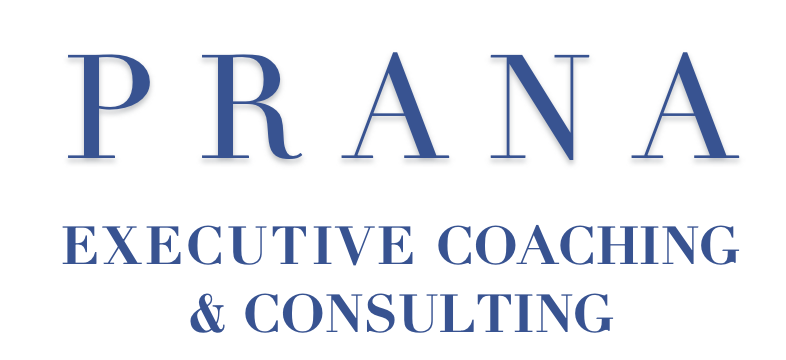What Makes a Leader Coachable?
In executive coaching, one factor consistently predicts success more than the coach’s methodology or credentials: the coachability of the client.
At the senior level, coachability is not about being agreeable or passive. It’s the demonstrated willingness to learn, reflect, and change in service of stronger leadership. Yet it's often misunderstood—seen as simply being open to feedback or receptive in conversation.
In truth, highly coachable leaders tend to embody a few critical traits:
· Openness to feedback — They’re willing to hear difficult truths without becoming defensive.
· Self-awareness and curiosity — They ask, “How am I getting in my own way?” and “What am I missing?”
· Commitment to the process — They show up regularly, on time, and prepared. They treat coaching not as a luxury, but as a strategic priority.
· Growth mindset —They’re willing to test new behaviors—even when it’s uncomfortable.
· Emotional resilience — They can sit with ambiguity and challenge and remain engaged rather than retreating or blaming others.
In fact, research from Harvard and others shows that a leader’s openness and active engagement are more predictive of coaching success than the coach’s skill alone (Rogers & Goleman, 2008; De Haan et al., 2013).
If you’re sponsoring coaching for a leader—or considering working with a coach yourself—here’s the foundational question: Is there a real readiness to engage, reflect, and try something new—consistently, not just once?
Because coaching isn’t a one-off insight session. It’s a commitment to an intentional, often uncomfortable process of change—and it’s most effective when the leader shows up with real readiness, sustained focus, and the courage to grow.
